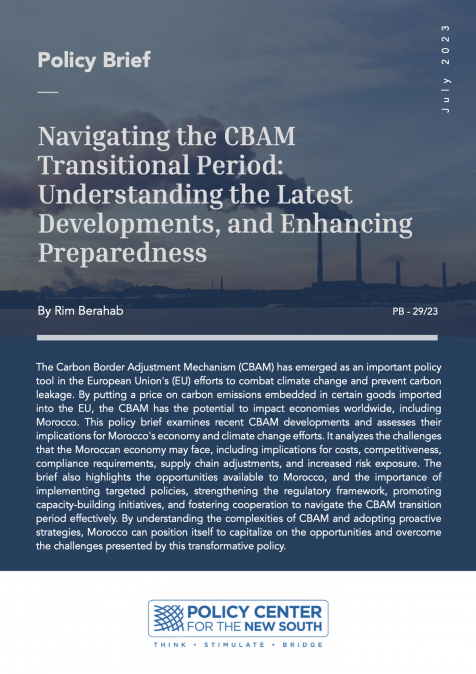Publications /
Policy Brief
As discussed in the Policy Brief n. 17/32, which largely focused on the Prebisch-Singer hypothesis, commodity prices are subject to very long-term trends, cycles and short-term instability (volatility) (Jacks, 2013)1 . With this in mind, the 2002-2012 commodity price boom had led many observers to suggest the existence of a "super-cycle" driven by the structural rise of Chinese demand for commodities and, more broadly, by the economic rise of emerging countries. But prices collapsed between 2014 and 2016, and subsequently soared, inevitably raising doubts over the reality of such a phenomenon. While it seems unlikely that prices will reach new heights in the near future, the current upward trend has been consistent. Does this mean, however, that a new super-cycle is beginning, in which commodities related to the current environmental revolution will rise steadily over the next decade? What would be the consequences for African exporting countries, in particular at the macroeconomic level? This Policy Brief will address and provide answers to these questions.









